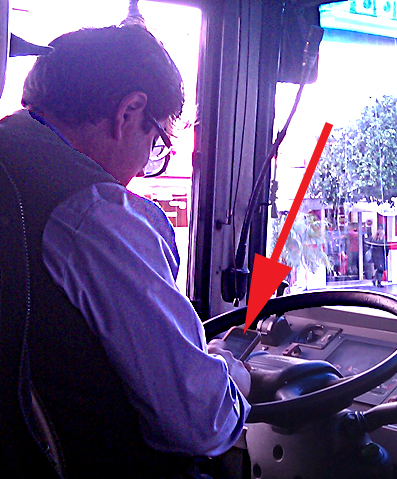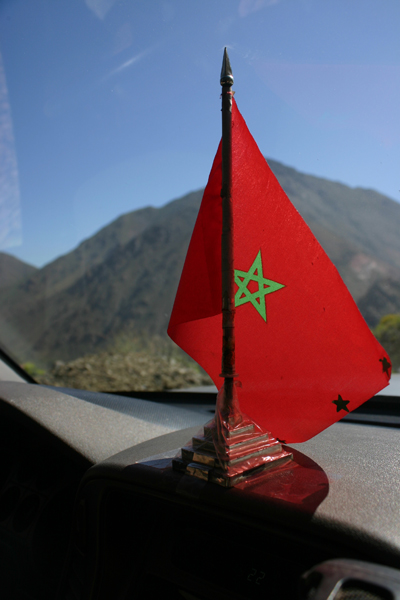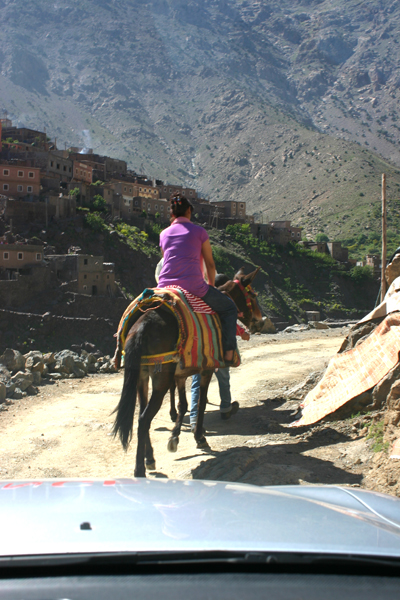In the eleven years I’ve lived in Valencia city I’ve used the bus no more than a scant handful of times – and if the experience of Ian Nicol is anything to go by I suspect I’ll be sticking to my ancient bike or shank’s pony for my trips around the city.
In early December Ian was taking the short ride on an EMT bus, Valencia’s metropolitan bus services provided by the city council, from near the centre of the city to the port. Usually a non-event of a ten-minute ride, this one kept Ian dubiously entertained, because during the whole of the time, the bus driver was sending text messages. At first Ian took a few photos, fortunately with time and date coding, but then realised that these could prove when it happened but not that the bus was actually in motion at the time. Thanks to the marvels of modern technology, he was able to able to make a video recording using his mobile, which shows clearly that the driver has his mobile phone in his hand and is intermittently looking down at it while touching the screen with the forefinger of his right hand.
Ian is obviously a much more tranquil short of chap than I am. I’d have been screaming and shouting what a dangerous pillock the driver was, but Ian simply went on recording.
Concerned at just how incredibly dangerous texting while driving is, even if you are driving your own car, never mind a public bus down one of Valencia’s busiest streets, he tried to contact EMT to complain. All he could get was a formulaic contact page asking for the usual name, address etc., and the reason for his complaint. Amazingly enough, someone from EMT did contact him by phone but showed no interest at all about seeing either the photos or the video, although they obviously were more concerned about him than he thought, because just before Christmas they sent him a Christmas greeting, sending their best wishes for 2013, which just goes to show how considerate people can be. Sadly, they still hadn’t done or said anything about Ian’s video, so he sent it to me.
After three weeks of silence, a mere nine minutes after I received Ian’s email he received one from Maria Carmen Álvarez López, Responsable de Atención al Cliente at EMT, which suggests that either his emails are being monitored or serendipity does exist after all. Sra. Álvarez had written to say that an enquiry was going to take place into his complaint.
Being a fair-minded sort of chap, (although rarely if it has anything to do with Valencia Town Hall), I phoned Sra. Álvarez at the number on her email. I spoke to young girl named Amparo, who refused to give her surname as it is the company’s policy not to do so, and seemed vague as to who the supposed Responsable was. I accept my Spanish accent isn’t perfect, but how many ways can you say Maria Carmen Álvarez without someone finally clicking who you’re asking for. Eventually Ms. Amparo thought on her feet enough to say that Álvarez wasn’t there, and when I asked when she would be, I was told that they didn’t know because she was having a few days off. Could I speak to a manager then please? No, I couldn’t because they didn’t take phone calls and would only accept written communication. Given that it was a very serious complaint, could I please leave my phone number for someone – anyone – to call me back to discuss it. No they couldn’t, because they didn’t take phone calls and would only accept written communication. I could see a brick wall appearing for me to bang my head on.
So the result so far is that a concerned citizen made a video recording of an extremely dangerous act perpetrated a driver on a public bus on a busy main road, and despite saying that they are going to open an enquiry into said act the driver’s employees haven’t even asked for the photos and videos, never mind seen them, which makes you wonder how any serious complaint can be investigated – or is this going to be a typical Valencian whitewash?
But there again, given the amount of cuts and raised fares that EMT is undertaking, perhaps the driver was just applying for another job, and why not use his bosses time to do it in?
One semi-amusing point in an otherwise serious topic, the bus number in which Ian was riding was 7001, which is the International Standards Office number for Public Information Symbols. As no doubt we would all like to know when a complete fool of a bus driver is sending text messages while driving, I wonder what the symbol for that would be? Suggestions, rude or otherwise, gratefully accepted.
With thanks to Ian Nicol for permission to use this photo and video. (You can follow Ian on Twitter at @einspain.)
Please visit my new website, Spain Uncovered, to read recent articles and blogs.













